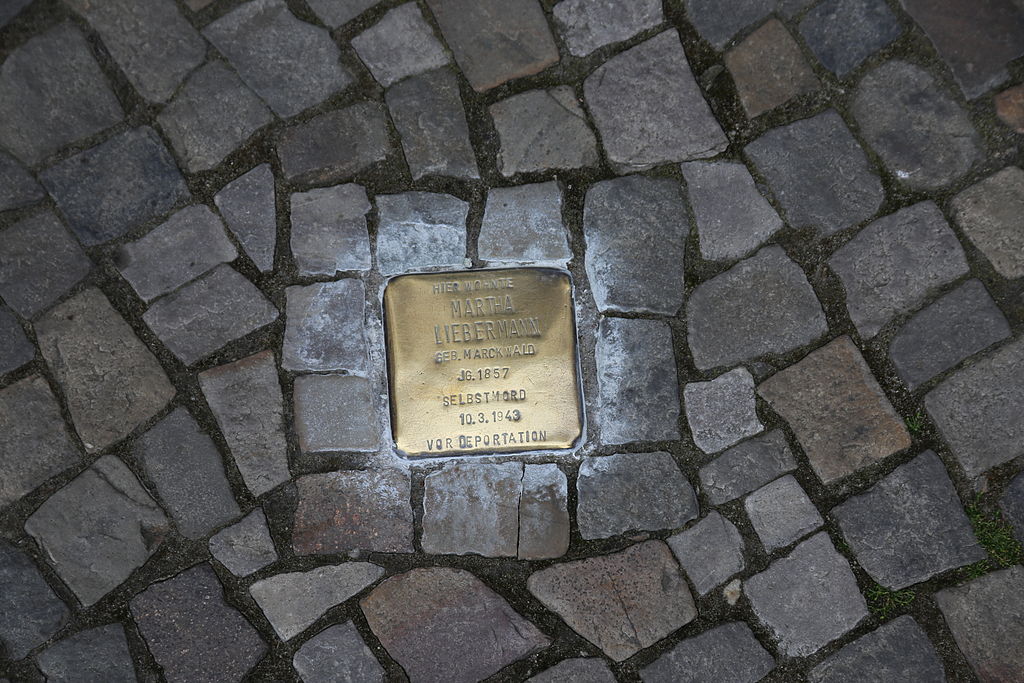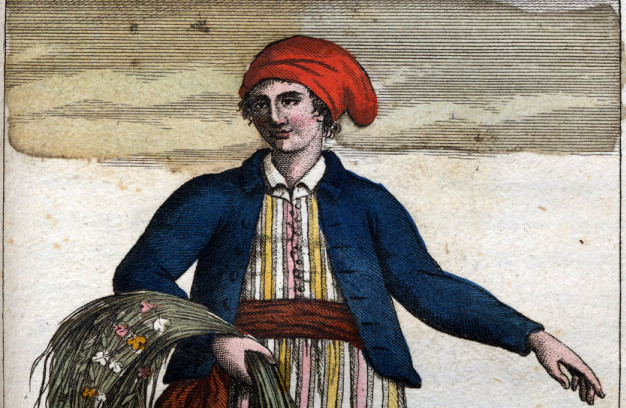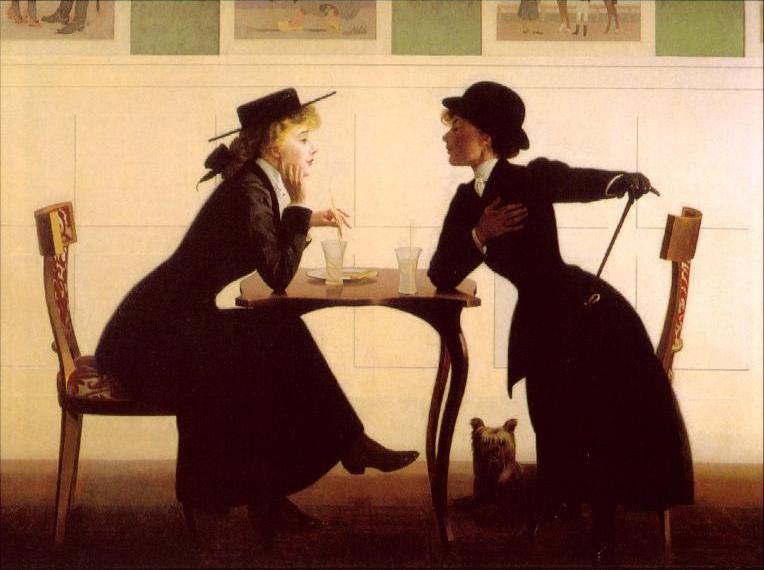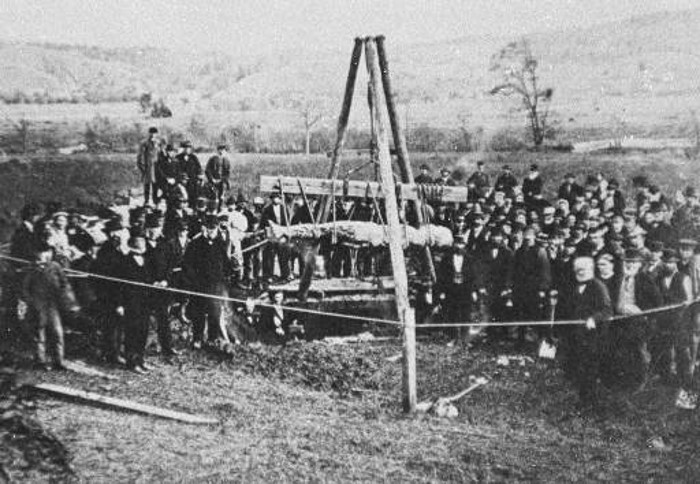
The streets of Europe are studded with thousands of brass plates, each marking the last residence of an individual before their extermination or persecution by the Nazis. German artist Gunter Demnig began the project in 1992, installing the first plate before Cologne’s city hall to mark the 50th anniversary of Heinrich Himmler’s “Auschwitz decree” ordering the deportation of Sinti and Roma to extermination camps. In the ensuing 15 years he laid more than 13,000 stolpersteine in more than 280 cities, and last October the 70,000th stolperstein was installed in Frankfurt, Germany, for Willy Zimmerer, who was “euthanized” in 1944 at age 43.
Each plate is engraved with the victim’s name and dates of birth, deportation, and death, as well as the words Hier wohnte … (“Here lived …”) to emphasize the immediacy of the memorial, “tripping up” passersby (stolperstein means “stumbling stone”). “I wanted to bring back the names of the Jews who lived, loved, had children and a normal life, who lived in these houses,” Demnig has said. “It’s my life. We can’t allow this part of history to pass into oblivion.”
(Thanks, Hanno.)






